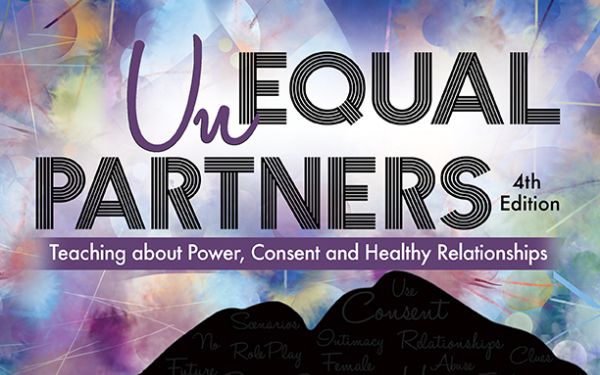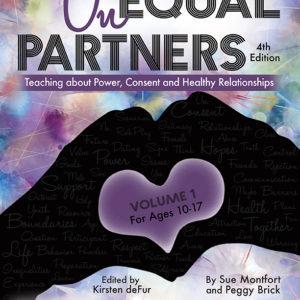
I’ve been writing a lot about gendered relationship dynamics lately. The ways in which we’ve been conditioned to behave with each other. The ways in which this sometimes keeps us from valuing our own needs and personal boundaries. I even took a five-week empowerment self-defense class that really made obvious the ways in which I tend to cede my power to others.
Let’s just say that asserting my boundaries is a work in progress.
But that’s why I dig this next lesson from Unequal Partners. It forces students to think about how gender expectations impact a relationship, and particularly how they might make someone feel powerful or powerless.
TO PROVIDE, PROTECT, NURTURE OR BE NEEDY
Exploring Gender Expectations
By Kirsten deFur, MPH
Objectives
By the end of this lesson, participants will be able to:
- List at least three assumptions about how men and women are expected to behave in a
relationship. - Identify at least two ways that expectations about gender and relationships impact a
relationship.
Audience
Middle adolescents (ages 14-17)
Rationale
We live in a society where people make significant assumptions about how people will behave in a relationship based on their gender. For example, men are often expected to provide and protect, and women are expected to nurture and be needy. These assumptions can influence young people’s ideas about both healthy and unhealthy relationships, and individuals need an opportunity to reflect on how their own experiences in a relationship may be similar or different from these expectations. Behaviors that are controlling and unhealthy may go unnoticed if they are assumed to be normal and acceptable.
This lesson gives adolescents an opportunity to explore societal assumptions about gender and compare and contrast those assumptions with the healthy relationships components of honesty, equality, respect and responsibility.
Included in the lesson plan are exercises that enable students to explore the expectations and assumptions they hold about how men and women are supposed to behave in a relationship, how these expectations can be problematic, and particularly how they can affect the power dynamic within a relationship.



